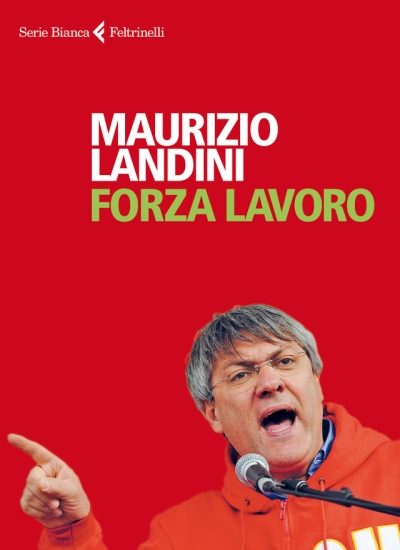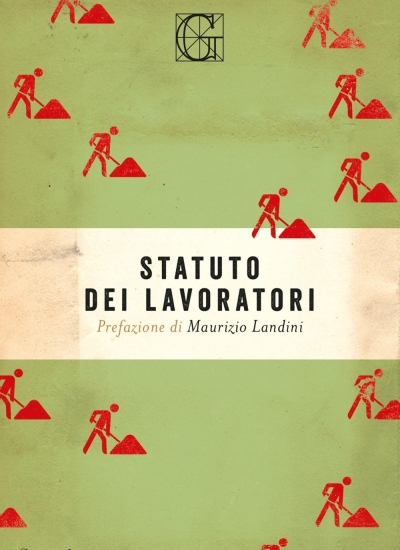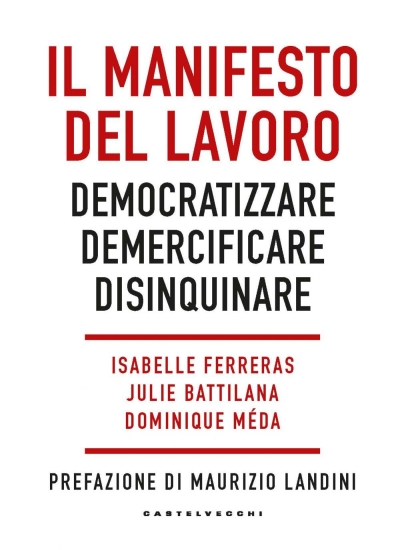Descripción
Since the beginning of their activity, the trade unions have had among their goals the control of working time, in order to improve the conditions of workers. From the second half of the 19th century onwards, in the industrialized and developed world the drive to reduce working hours has been a permanent element in trade union strategies. If in the 19th century working time was even 12 hours a day, with the advent of mechanization a gradual but constant process of reduction of working time began, which in the following century led – by contractual or legislative means – to 8 hours daily and 40 hours a week as a general reference.
Since the beginning of the 1980s, i.e. since the neoliberal economic culture has guided economic policies at a global level, the trend towards reducing working time has stalled, as well as the drive by governments to keep full employment at the center of their targets.
Fausto Durante's book connects the issue of working time to the crisis caused by Covid-19, the challenges of climate change and digitization and new industrial technologies, the need to build a society and an economy different from the past. All these elements push in the direction of a new commitment to reduce working time, with benefits for productivity, economy and work-life balance. This is demonstrated by many experiences that are taking place in the world as a result of initiatives of governments and trade unions, as well as the agreements in many companies, which this text gives an account of. The question to be answered today is: can the 21st century be the time of four days and thirty-two hours of work a week?












